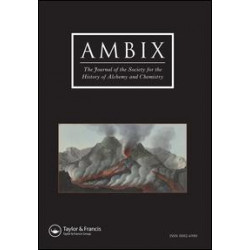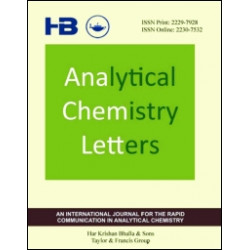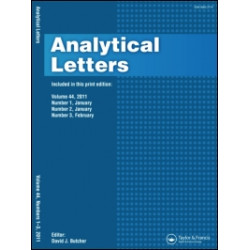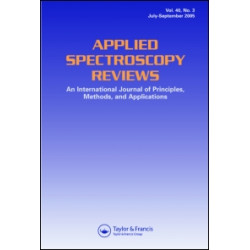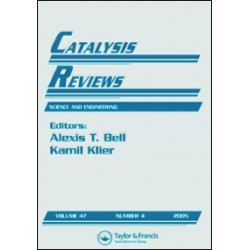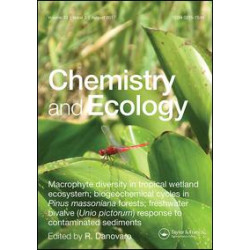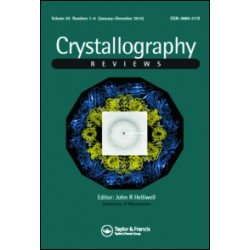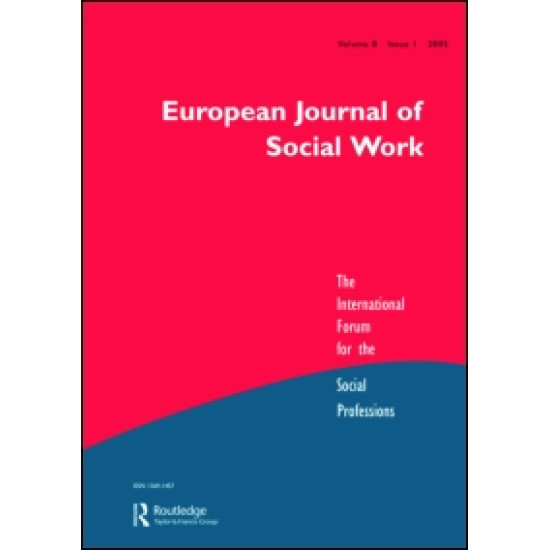
The European Journal of Social Work provides a forum for the social professions in all parts of Europe and beyond. It analyses and promotes European and international developments in social work, social policy, social service institutions, and strategies for social change by publishing refereed papers on contemporary key issues. Contributions include theoretical debates, empirical studies, research notes, country perspectives, and reviews. It maintains an interdisciplinary perspective which recognises positively the diversity of cultural and conceptual traditions in which the social professions of Europe are grounded. In particular it examines emerging European paradigms in methodology and comparative analysis.
The European Journal of Social Work is committed to the idea that the social professions have to respond to globalisation and the decline of existing welfare regimes in a critical, informed, and independent manner. It regards itself as a vehicle for their active contribution to the creation of a Social Europe. The specific competence of the social professions promotes practice based on justice and the recognition of human rights and thereby seeks to eliminate discrimination, racism and exclusion. The editorial board welcomes papers of high quality dealing with local, national, European, or international issues which advance this discourse.
In 2004, Social Work in Europe and the European Journal of Social Work merged. The merger was warmly welcomed by those involved in social work education, practice, policy and management in Europe. The journal now maintains the highest profile for European social work policy, practice and education, acting as one strong voice for the promotion and dissemination of European social work. Institutional subscribers to the print version can enjoy online access to the electronic version of the journal free of charge.
All research articles in this journal, including those in special issues, special sections, or supplements, have undergone rigorous peer review, this generally involves initial editor screening and anonymized refereeing by at least two independent reviewers.







